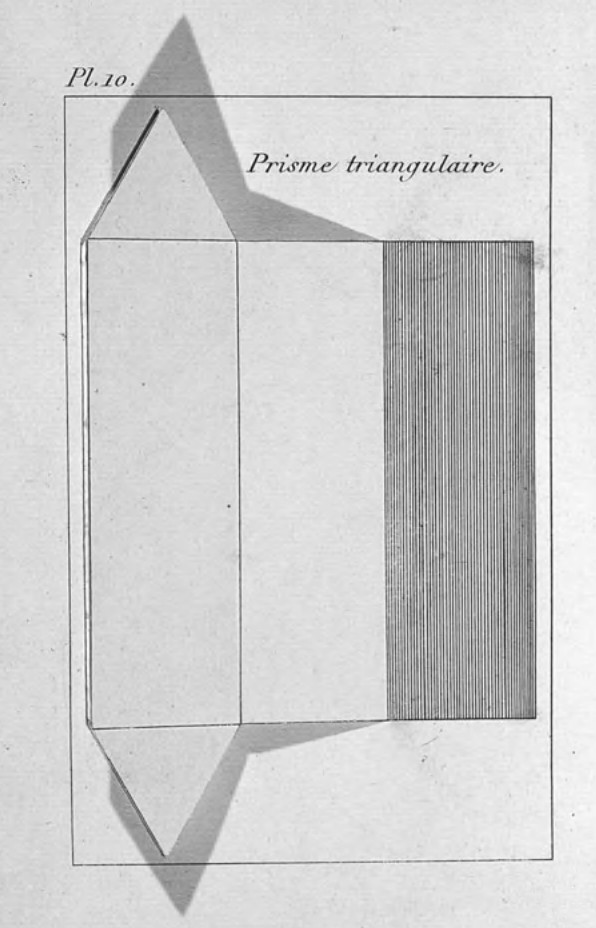Wolfgang Ernst: Digital Memory and the Archive (2012)
Filed under book | Tags: · archive, art, communication, computing, culture, data, history, information, internet, knowledge, machine, media, media archeology, media studies, media theory, memory, photography, radio, sound, storage, technology, television, temporality, time

“In the popular imagination, archives are remote, largely obsolete institutions: either antiquated, inevitably dusty libraries or sinister repositories of personal secrets maintained by police states. Yet the archive is now a ubiquitous feature of digital life. Rather than being deleted, e-mails and other computer files are archived. Media software and cloud storage allow for the instantaneous cataloging and preservation of data, from music, photographs, and videos to personal information gathered by social media sites.
In this digital landscape, the archival-oriented media theories of Wolfgang Ernst are particularly relevant. Digital Memory and the Archive, the first English-language collection of the German media theorist’s work, brings together essays that present Ernst’s controversial materialist approach to media theory and history. His insights are central to the emerging field of media archaeology, which uncovers the role of specific technologies and mechanisms, rather than content, in shaping contemporary culture and society.
Ernst’s interrelated ideas on the archive, machine time and microtemporality, and the new regimes of memory offer a new perspective on both current digital culture and the infrastructure of media historical knowledge. For Ernst, different forms of media systems—from library catalogs to sound recordings—have influenced the content and understanding of the archive and other institutions of memory. At the same time, digital archiving has become a contested site that is highly resistant to curation, thus complicating the creation and preservation of cultural memory and history. ”
Edited and with an Introduction by Jussi Parikka
Publisher University of Minnesota Press, 2012
Volume 39 of Electronic Mediations
ISBN 0816677670, 9780816677672
265 pages
Reviews: Liam Cole Young (Reviews in Cultural Theory, 2013), Peter Ward (Information & Culture, 2014).
For more from Wolfgang Ernst see Monoskop wiki.
Comment (0)Edoardo Rovida: Machines and Signs: A History of the Drawing of Machines (2013)
Filed under book | Tags: · drawing, engineering, geometry, history of science, machine, mechanics, science, technology

“This volume addresses the cultural, technical and ethical motivations of the history of drawing of machines and its developments step by step. First it treats drawings without any technical character; then the Renaissance with its new forms of drawing; the 18th century, with orthographic projections, immediately used by industry; the 19th century, including the applications of drawing in industry; and the 20th century, with the standardization institutions and the use of the computer. The role of historical drawings and archives in modern design is also examined.
This book is of value to all those who are interested in technical drawing, either from an artistic, from a design, or from an engineering point of view.”
Publiher Springer, 2013
Volume 17 of History of Mechanism and Machine Science series
ISBN 9400754078, 9789400754072
247 pages
Martin Davis: The Universal Computer: The Road from Leibniz to Turing (2000–) [EN, IT, CR]
Filed under book | Tags: · biography, computing, history of computing, history of mathematics, logic, machine, mathematics, philosophy of science

“Martin Davis, a fluent interpreter of mathematics and philosophy, locates the source of this knowledge in the work of the remarkable German thinker G. W. Leibniz, who, among other accomplishments, was a distinguished jurist, mining engineer, and diplomat but found time to invent a contraption called the “Leibniz wheel,” a sort of calculator that could carry out the four basic operations of arithmetic. Leibniz subsequently developed a method of calculation called the calculus raciocinator, an innovation his successor George Boole extended by, in Davis’s words, “turning logic into algebra.” (Boole emerges as a deeply sympathetic character in Davis’s pages, rather than as the dry-as-dust figure of other histories. He explained, Davis reports, that he had turned to mathematics because he had so little money as a student to buy books, and mathematics books provided more value for the money because they took so long to work through.) Davis traces the development of this logic, essential to the advent of “thinking machines,” through the workshops and studies of such thinkers as Georg Cantor, Kurt Gödel, and Alan Turing, each of whom puzzled out just a little bit more of the workings of the world–and who, in the bargain, made the present possible.”
The paperback edition was retitled Engines of Logic: Mathematicians and the Origin of the Computer.
Publisher W. W. Norton, 2000
ISBN 0393047857, 9780393047851
257 pages
Review (Mark Johnson, Mathematical Association of America)
Review (Georges Ifrah, The American Mathematical Monthly)
The Universal Computer. The Road from Leibniz to Turing (English, 2001)
Il calcolatore universale: da Leibniz a Turing (Italian, trans. Gianni Rigamonti, 2003)
Na logički pogon: podrijetlo ideje računala (Croatian, trans. Ljerka Vukić and Ognjen Strpić, 2003)

